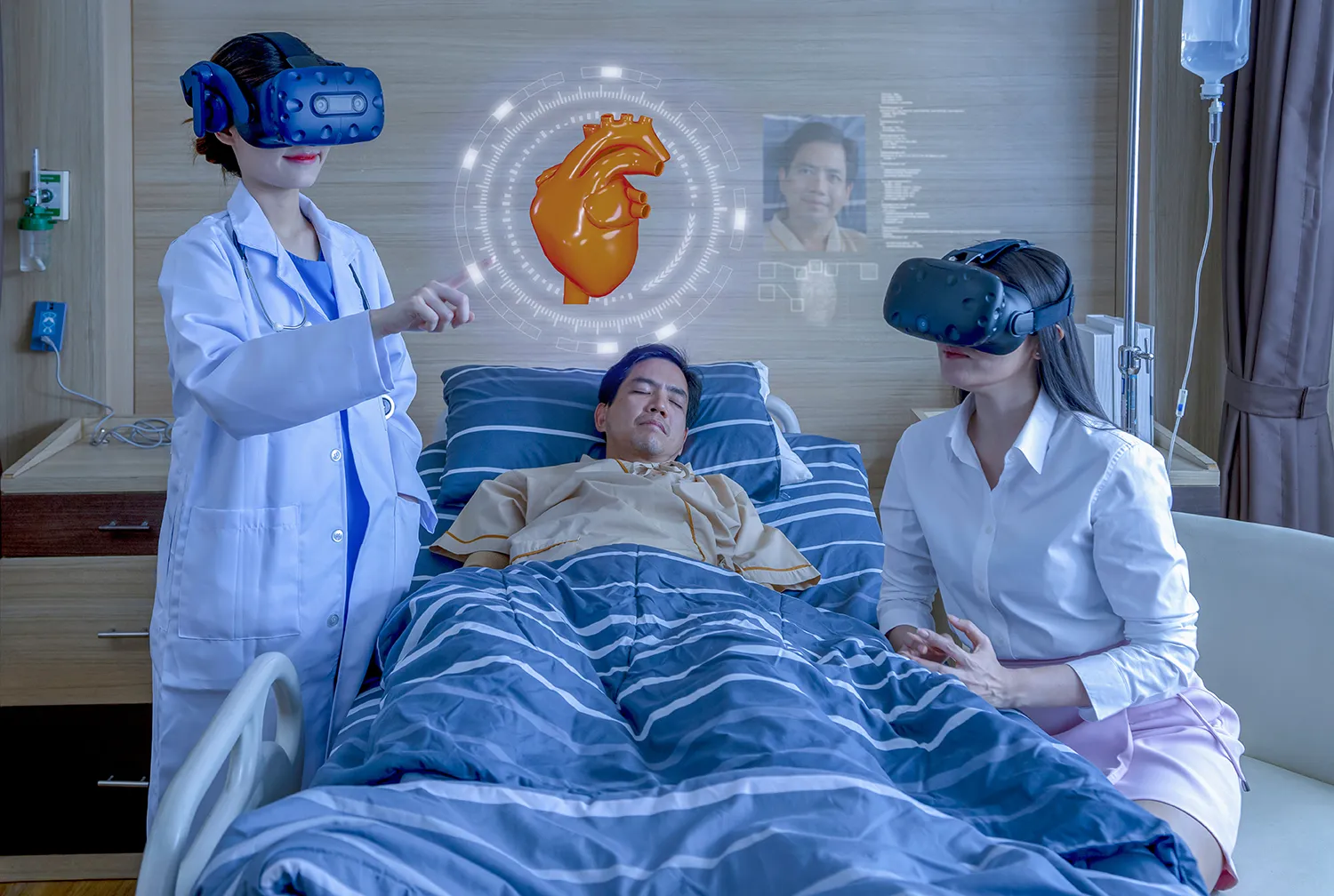AI from MEPhI: Russian Neural Network Is Saving Lives

Scientists at Russia’s National Research Nuclear University MEPhI have developed an AI-powered platform for detecting brain metastases. It analyzes MRI scans in just five minutes—eight times faster than conventional methods—and spots even the smallest lesions.
From Science Fiction to Medical Reality
Researchers at MEPhI have turned science fiction into clinical innovation. Their AI solution automatically reviews brain MRI scans and identifies metastases that are often missed during visual examination. The analysis takes only five minutes—compared to the typical 40-minute workflow requiring full physician involvement.
Tatiana Kobyakova, a graduate of MEPhI’s Institute of Biomedical Engineering and Physics, developed the system to help detect brain metastases faster and more accurately. According to MEPhI’s press service, this is no longer a lab prototype. Trained on data from 600 patients, the program generates reports that can be integrated directly into electronic medical records. Crucially, it doesn’t just detect tumors—it tracks their development over time, helping physicians assess treatment effectiveness. Clinical deployment in Russian hospitals is already underway.

From Reliability to Scale
This project is more than a breakthrough—it’s a push toward large-scale adoption of AI in healthcare. Brain metastases are found in 20–40% of cancer patients, making accurate and timely diagnosis critical.
The AI platform reduces physicians’ workloads, improves diagnostic precision, minimizes the risk of human error, and saves time for both doctors and patients. It can function as a second opinion and play a crucial role in forming Russia’s unified digital health system.
Yakutia: A Model for AI in Regional Oncology
Russia’s AI deployment isn’t limited to academic labs. In Yakutia, the Onkopoisksakha.rf platform—developed by graduate student Viktor Belostotsky of NEFU—helps identify cancer risks based on patient surveys.
Over 2,000 users have already participated. The system uses AI algorithms to process self-reported data and flag individuals for follow-up appointments. In the future, it will include a cancer risk calculator based on biomarkers.
This digital revolution in early detection could serve as a national model, bringing rapid diagnostic support to underserved regions.

Challenging Global Tech Giants
Russia is joining the frontlines of global medical AI development. International leaders like Philips have integrated AI into diagnostic imaging. Their Spectral CT 7500 scanner sets a global benchmark.
However, Russian technologies such as MEPhI’s AI and the Yakutia platform stand apart. They don’t just replicate international protocols—they create new algorithms tailored to real-world clinical workflows. These systems are evolving rapidly, cost less, and meet Russian healthcare integration requirements, including compatibility with the Unified State Health Information System (EGISZ).
A Future-Ready Platform with Export Potential
The MEPhI system is not just an academic success—it’s a mature, export-ready platform. It’s primed for rollout in Russia’s top cancer centers and is expected to pursue international certification soon.
With state support and expanded training datasets, the system could be adapted to various languages and regulatory standards. This would make it suitable for deployment across the CIS, Asia, Latin America, and Africa—regions facing physician shortages and rising demand for MRI services.
Russia isn’t just participating in the medical AI race—it’s helping shape the global agenda.










































